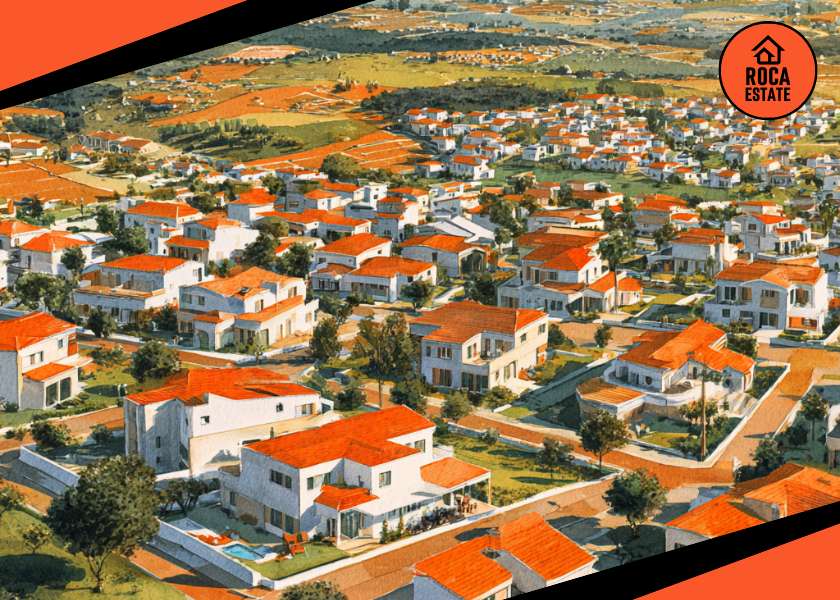The recent drop in the Euribor rate to a two-year low of 2.5% signals a noteworthy shift in the European mortgage landscape and, by extension, the Portuguese real estate market. With the Euribor serving as a benchmark for the majority of European mortgages, including those in Portugal, this decline brings tangible benefits for property owners and prospective buyers. This post delves into the implications of this development, backed by the latest news and financial analyses, to offer insights for real estate investors considering Portugal.
Understanding the Euribor Rate Decline
Euribor rates, particularly the 12-month, 6-month, and 3-month terms, have dropped consistently over the past months. Specifically:
- 12-month Euribor: Now at 2.495%, its lowest level since October 2022.
- 6-month Euribor: Dropped to 2.779%, the lowest since early January 2023.
- 3-month Euribor: Currently at 3.023%, the lowest since March 2023.
These declining rates are largely attributed to the European Central Bank’s (ECB) recent decisions to cut key interest rates to stimulate economic activity. With the ECB deposit rate now at 3.25%, it has prompted a downward pressure on mortgage costs, translating to potentially lower monthly payments for homeowners with variable-rate loans.
Key Implications for Portugal’s Real Estate Market
- Increased Affordability for Buyers Lower Euribor rates are beneficial to homeowners and prospective buyers alike, as they decrease mortgage costs. For new buyers, this drop enhances purchasing power, making real estate more accessible. In Portugal, where many mortgages are linked to the Euribor, this trend could spark renewed interest among locals and expatriates looking to capitalize on lower monthly payments.
- Potential for Higher Demand and Price Stability As financing becomes more affordable, demand for residential real estate is expected to rise. This shift could stabilize property prices, especially in areas with high foreign investment and tourism appeal, such as Lisbon, Porto, and the Algarve. Investors can view this stability as a signal for steady returns in Portugal’s primary cities and tourist hotspots.
- Opportunities in Rental Market With the continued attraction of Portugal’s Golden Visa program and a favorable lifestyle climate, there is a steady influx of expatriates and digital nomads seeking rental properties. Given the projected rise in property demand due to favorable mortgage rates, rental yields in high-demand areas may also increase. This provides real estate investors an avenue to benefit from both property appreciation and rental income.
- ECB Monetary Policy and Future Rate Adjustments The ECB’s next meeting in December could further adjust interest rates, creating additional fluctuations in mortgage costs. Investors should remain attentive to these policy decisions, as further rate cuts may extend the current favorable conditions for financing real estate investments. However, there is also potential for eventual rate stabilization, which could affect long-term financial planning for leveraged investments.
Strategic Insights for Real Estate Investors
For real estate investors, Portugal remains an appealing market. The decline in Euribor rates presents an opportune moment to secure financing at lower rates, potentially optimizing the cost structure of long-term investments. However, investors should consider these broader factors:
- Leverage Opportunities: Lower mortgage rates can enable higher leverage without excessively increasing debt service costs, allowing investors to diversify across multiple properties.
- Focus on High-Growth Areas: The current rate environment favors investments in prime areas with established demand, which can offset risks associated with market fluctuations and maximize capital appreciation.
- Long-Term Perspective: Given the ECB’s cautious approach, the current rates may not persist indefinitely. Investors should align their strategies with both the current rate environment and anticipated market adjustments, positioning their portfolios to benefit from both rental income and potential capital gains.
Conclusion
Portugal’s real estate market continues to offer compelling opportunities, particularly in light of the Euribor’s recent decline. The combination of increased mortgage affordability, stable demand in key areas, and Portugal’s appeal to international residents reinforces the market’s resilience. For real estate investors, the current conditions are favorable for leveraged investments, especially in high-demand urban and tourist areas.
While cautious monitoring of ECB policies is essential, the present environment suggests that Portugal’s real estate sector is poised for sustainable growth, making it an advantageous consideration for investment portfolios looking to diversify in Europe.
With the European Central Bank’s recent rate cuts driving Euribor to a two-year low, now is an opportune moment for investors to explore Portugal’s real estate market. Lower borrowing costs enhance affordability, making it an ideal time to consider investment real estate in Portugal. At Roca Estate, we specialize in identifying high-yield properties and providing strategic guidance to maximize your returns. Discover how our expertise can help you capitalize on these favorable market conditions.
Source: Publico







































































































